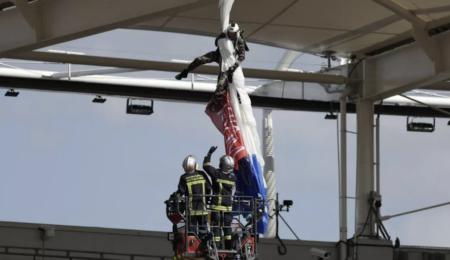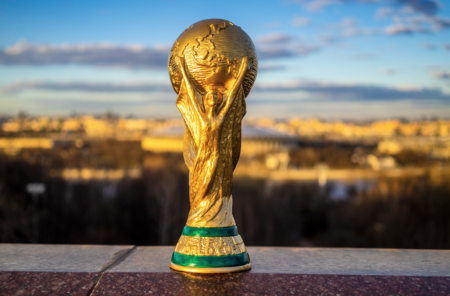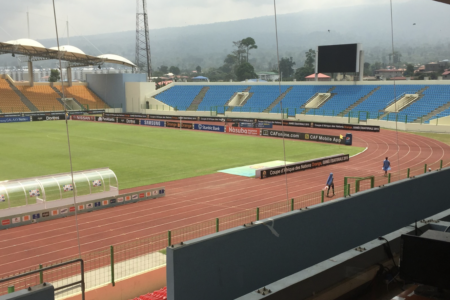The International Association of Athletics Federations (IAAF) has installed its first ever stadium air quality monitor at the Stade Louis II in Monaco as part of a campaign to raise awareness over the dangers of air pollution for athletes and to help improve health and performances.
The devices, supplied by Kunak Technologies, are able to provide real-time air-quality data, measuring pollutants PM2.5 (particles), PM10, O3 and NO2, which research shows are the four main elements that have an impact on the performance of athletes.
“Air pollution is a silent killer which is affecting the health of athletes, local communities and our environment, so I’m delighted that the cooperation between the IAAF and our partners has brought this project to fruition and I hope that together we can raise awareness and help to improve air quality around the globe,” said IAAF president Sebastian Coe.
Not only will the pilot program of installing air-quality devices aim to help prevent detrimental health effects, but the positive effects of cleaner air can also lead to improved performances from the athletes, according to the IAAF.
“Some recent athletics events took place in highly polluted cities and at exactly the worst time of the day possible, considering the traffic, solar irradiation and external temperature,” said the IAAF’s Health and Science Department manager, Dr Paolo Emilio Adami.
“Exercising in these atmospheric conditions, besides being extremely harmful, does not allow the athletes to perform at their best and ultimately lowers the standard of the competition. The air-quality monitors will assist us in our further research on this subject. We want to do whatever we can to protect athletes from the negative effects of air pollution, and we believe this will also benefit the wider community, in fact anyone who exercises.”
The five-year program between the IAAF and UN Environment (UNEP) aims to install 1,000 monitors in certified tracks around the world including Argentina, Ethiopia, Mexico, Sydney and Japan.
September 20, 2018




